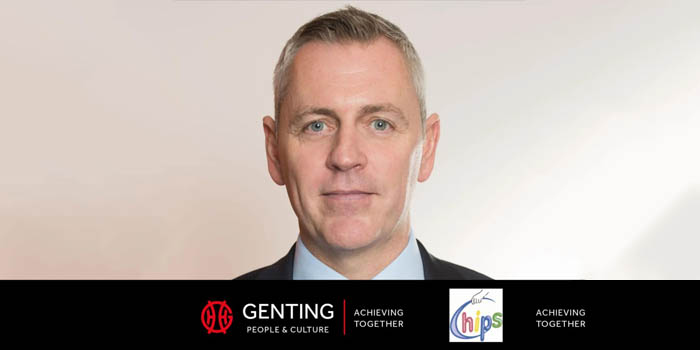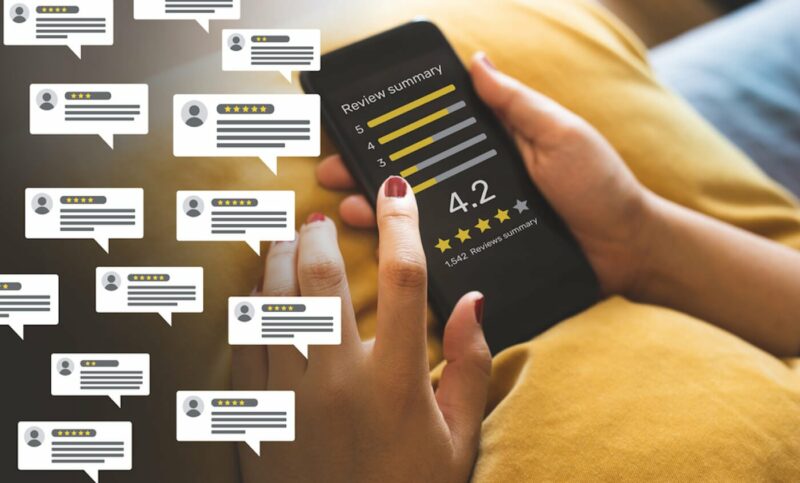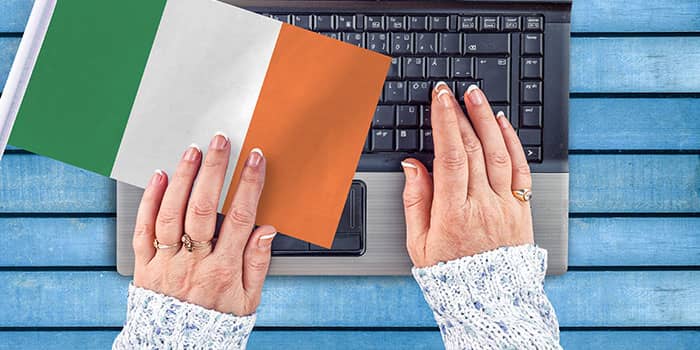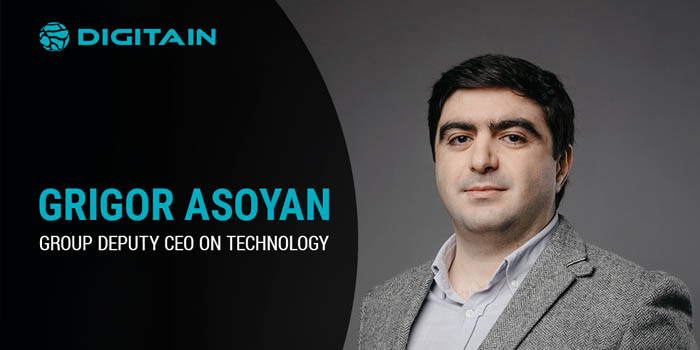In modern times, much has been said and done in the name of “science” but something worrying – and deceptive – is that “the science” has become increasingly subjective.
As a result, the public has become distrustful and confused about what to believe.
A symptom of this uncertainty is the sharp rise in pseudoscience, the art of giving products or ideas a scientific veneer without any real replicable or reputable “science” behind grandiose claims of efficacy or accuracy.
The trick to this type of con is to appeal to people’s hopes and wishes.
Fake Claims And Bogus Reviews
One feature of pseudoscience is the way it uses tropes of real science to appear legitimate, from white lab coats and pictures of people staring into test tubes to supposedly “peer reviewed” studies that bolster supposed benefits of something that is designed for profit.
Given that many people with genuine degrees participate in pseudoscientific promotional tactics for entirely bogus products, it can be incredibly difficult to distinguish between actual science and a pack of lies dressed in the same brand of lab coat.
There was once a time when online reviews might reward a little research with some sort of insight into the efficacy of products with lofty claims, but companies now smother real reviews with an avalanche of fake reviews written by an army of paid actors or, increasingly, by software managing a multitude of fake accounts.
Such practices are hardly ethical but are difficult to police as dishonest companies employ more sophisticated bots and proxies.
Often, the only real method for identifying a fake claim or bogus product is to go back to basics: if it seems too good to be true, it probably is.
Products That Are Too Good To Be True
The old joke goes: If you walk a mile in another man’s shoes, you’ll be a mile away and you’ve got his shoes!
Walking a mile in a potential scammers’ shoes is about thinking to oneself: “How would I create a scam like this?”
This can work well with pseudoscience but given that I often start from a point of ignorance, I tend to keep to the basics of deception and avoid getting tangled in matters I don’t understand.
This is the first factor I aim to consider: “What claims can I make in any given field that are hard to disprove and impossible for laypeople to question?”
Real results tend to be dismissed or willfully misinterpreted by all sides based on preferences and bias and this has eroded trust and reliability and left the door wide open for pseudoscientific claims and scams to flourish.
Many debates on many aspects of science are poisoned by unsubstantiated, impossible to argue claims or predictions.
I am always stunned and disappointed to see people argue based on models of what might happen or should happen or (worse) should have happened rather than studying past results to formulate future outcomes.
People have become accustomed to self-selecting ideas they prefer and to shore up psychological defenses against ideas they dislike.
Pseudoscience preys on this habit by offering ideas to which some people will gravitate and concentrating their claims on the susceptible.
This is how products appear to answer our wishes for weight loss, easy cures or short cuts to health, wealth or immortality.
I may not have the necessary knowledge to challenge a pseudoscientific claim but searching the internet for answers has become increasingly difficult now that search engines help optimize preferred results that some companies willfully distort through friendly review sites, influencers and tainted articles.
So instead, I ask myself: “How would I do this?”
And if I spot too many similarities between my imagined con game and the marketing or practice of a seemingly fantastic product, I begin to get increasingly suspicious.
The Hallmarks
As discussed, a key factor in pseudoscience is to make claims that are difficult for experts to disprove and impossible for the rest of us to challenge.
These often hone on belief systems or religion though most successful scams throw the widest possible net by appealing to common human desires.
These claims can be clumsily grandiose or well-crafted to target specific needs but with pseudoscience, claims are only limited by their imagination and the ability to overpromise without being so obvious as to attract easy criticism.
Once someone is engaged, the gloves can come off because once someone takes an interest, the peddlers of pseudoscience can ramp up their claims and even tailor them to anyone foolish enough to fill out forms in the process of engaging with a product or service.
Years ago, a friend who read palms for a living showed me how he easily homed in on people’s primary concern by explaining which lines on their hand referred to which aspect of their lives.
“This one is for health, this one is for money, this one is for relationships…” – and so on.
He would then ask them where the client would like him to begin, and this would tell him exactly how to tailor his cold reading (he also sensed a physical reaction as he raised certain topics and used that information to good effect).
Many pseudoscience websites employ similar tactics to get a better grip on their potential “clients” and if I was building a pseudoscience scam, I would try to collect as much specific data as I could and use that to tailor my claims just as my friend tailored his fortune-telling nonsense.
One important sign of pseudoscience is that it often uses stories rather than data to create a false image of proof and when actual data or apparent research is quoted, a little digging can sometimes find that the people who conducted that research – even if connected to an academic institution – are paid or employed by the company peddling the pseudoscience product!
Fake Your Own
I’m currently researching one company that has a remarkably strong product that, as yet, has not been disproven nor has it been properly tested (in my opinion).
At this moment it is making many millions of dollars providing an electronic device and a subscription service based on an idea that seems feasible but in practice may not be as reliable as the company claims.
Part of this product’s method is to have people give daily information about their activities then use a measuring device to advise them on how to improve those activities while measuring “results” on a daily basis.
It all seems to make sense but when formulating how I would devise a scam for a product like this, I hit upon multiple aspects of this system’s daily “method.”
Let’s say I wanted to create an entirely different product that helped people to lose weight thanks to a special light that is shined on the back of the user’s hand.
This magic light would be read by an optical sensor in my entirely made-up bullsh*t device and produce a result that would tell the user whether or not they were in – let’s say – “weight loss mode.”
Now, remember, my device doesn’t actually do anything except activate a light emitting diode, register reflected light with an optical sensor and contains a processing chip filled with software designed to interact with an app on the user’s phone.
That app asks the user to constantly report what they are eating and how much exercise they are doing and to use the device before and after such events.
This means that, while my bullsh*t device is just a bullsh*t device, the app is collecting valuable data with which to adjust the results supposedly returned by that bullsh*t device.
If the user ate only lettuce yesterday and ran three miles, the bullshIt device can reliably report that the user is now in weight loss mode.
So it would continue as the user follows advice from the app, report food intake and activity then receive apparently accurate readings from my shiny, well-constructed piece of technological garbage.
Best of all, with my amazing bullsh*t weight loss device and app, many people WILL lose weight simply because I’m telling them to have salad days and to exercise more so more users will give me real reviews without the need to manufacture fake ones!
Damned If You Do…
This scam would work and the more my theoretical company continues to support people using my completely non-functioning magical device, the better and more useful my system will look to people who might buy it and then go on to recommend it on social media.
I’m not going to name the actual device I was testing or what it claims to do but it aligns perfectly with how I would create my theoretical bogus weight loss device.
I can tell you that I sent it back, taking advantage of their one month “no questions asked” return policy (they asked several questions, and the return procedure was less than simple) and reflected that the time I had taken to understand and assess the product was short; Therefore the company could claim I simply didn’t give it enough time.
And this is one of the great advantages of peddling pseudoscience: A variation on what carnival con artists used to call an “alibi joint” where there’s a reason or excuse for any outcome and as many products like to state, “Your experience may vary.”
Lead image: Shutterstock









